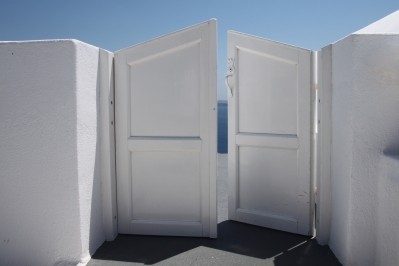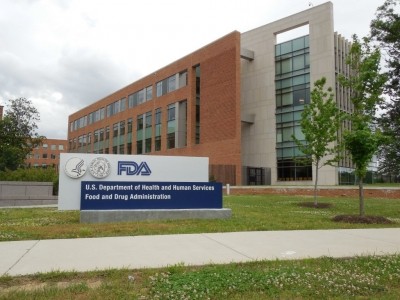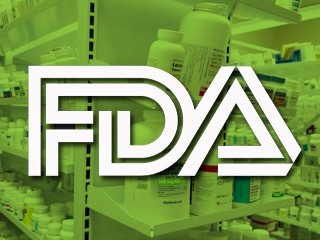Hospira: Biosimilars a reality in the US with potential $250bn healthcare saving

Hospira is marketing three biosimilars in Europe at present - including the world’s first monoclonal antibody, Inflectra, approved last year – and has an R&D pipeline estimated to have a local market value of $40bn.
The firm's European biosimilars business is in marked contrast with its activities in the US where pending expiry of branded biologics have so far prevented it from bringing any such products to market, and the US Food and Drug Administration (FDA) is still finalising guidelines for when this is a reality. Despite this, Hospira still thinks the US will be key biosimilars territory in the future due to the potential saving such drugs offer.
“Some reports show that biosimilars can save US healthcare a quarter of a trillion dollars and considering how pressured the US healthcare budget is, we do not believe that the US will pass on the biosimilar opportunity,” spokesperson Tareta Adams told BioPharma-Reporter.com.
She added “biosimilars represent one of the biggest opportunities this country has to save money in healthcare.”
The comments echo statements made by Hospira CEO Michael Ball at the JP Morgan Healthcare Conference in San Francisco, US last week.
Ball told investors last week a move to biosimilars from biologics would be the least painful of necessary cuts in the budget. “I got asked the other day: ‘why would anyone go away from a gold-standard biologic? Because there’s no gold left,” he said, raising a few laughs in a relaxed Q&A session.
“A couple of years ago some viewed biosimilars as a fantasy - they are not,” he reiterated, adding: “I believe that yes, biosimilars will be approved in the US, I believe biosimilars will be used in the US, and I believe biosimilars will be very successful in the US.”
Furthermore, as part of Hospira’s preparations for biosimilars to come on line, Ball said the firm is making good progress on clinical studies for its EPO drug – already approved in Europe – and expects to submit an application to the US Food and Drug Administration in late 2014 or early 2015, “aiming for a first cycle approval time, which looks like a 10 month approval time.”
Penetrating the market
Ball also spoke about Hospira’s strategy in boosting the appeal of biosimilars in the US and taking a share of a branded biologic of up to 60-70%, as he said the biosimilar Filgrastim had done to Amgen’s biologic Neupogen in Europe.
“As long as we can show clinical safety and efficacy - which I think our phase IIIs will do nicely - and as long as we can get the payers and key opinion leaders on board, what I see is a good penetration which varies by entity,” he said. “There’s lot of scepticism whether this will happen but based on conversations with customers they’re always enthusiastic about ending a monopoly.”
Competing with Teva
Ball was also asked how Hospira intended to compete with Teva, the world’s largest generics manufacturer who has a similarly large interest in biosimilars.
He told the room from a manufacture’s viewpoint a biosimilar varied greatly from that of a small molecule generic, being “very much akin to a proprietary lifecycle” with a slower ramp up but a much longer share of the market.
“The magic of biosimilars is instead of this up and down you get with generics, you get a nice, profitable build of the business and then as you get your second and third biosimal you’re just expanding on that business, which is very different from that generic model.”
He added “If Teva’s there first, then great. As long as we’re second or third, there’s lots of product to share there – billions of dollars,” using the example of EPO and Filgrastim in Europe wehich, five years on, is seeing double digit growth.










